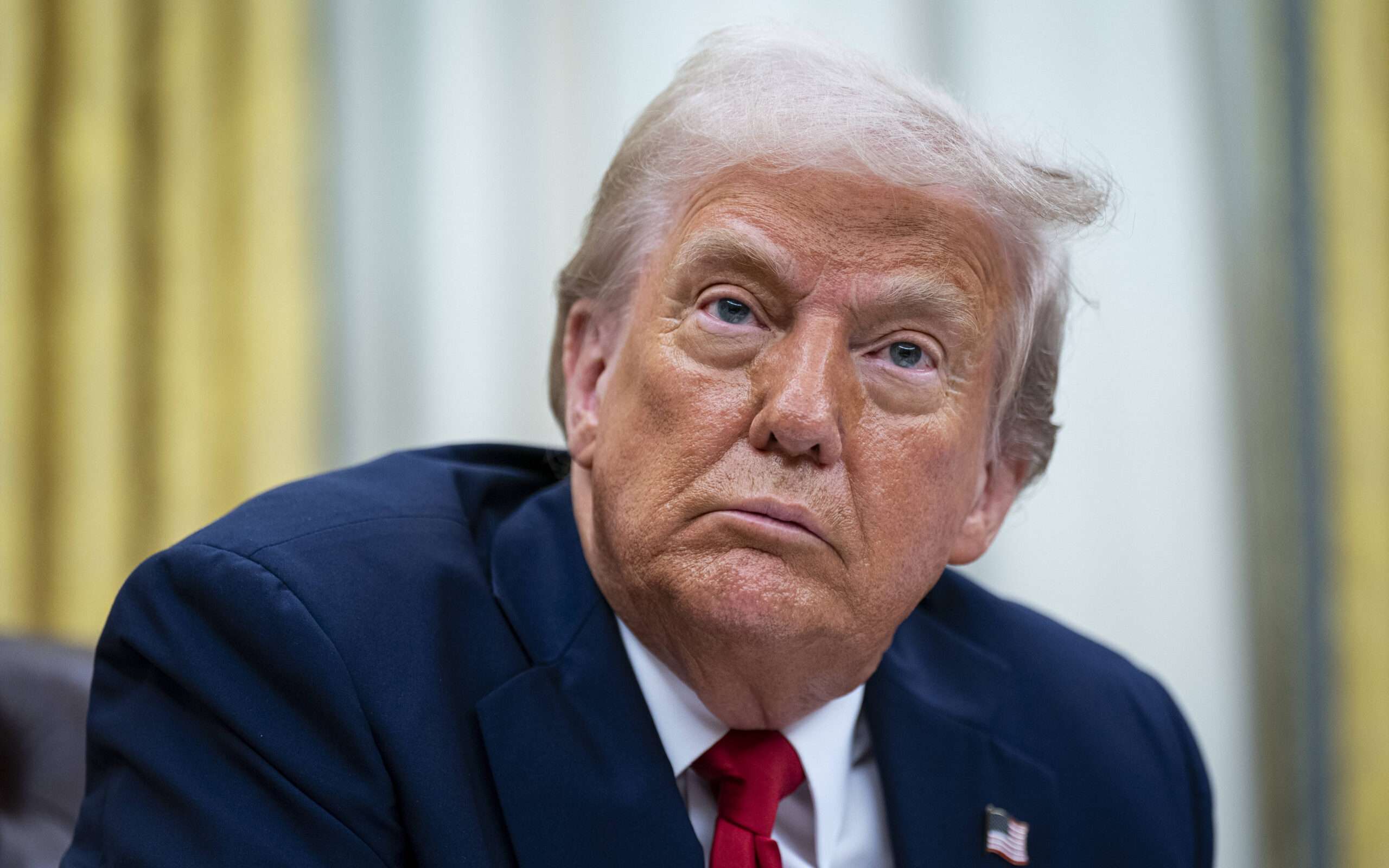Unseen Heroes of Baseball's Integration Era
Baseball history isn't complete without acknowledging both Jackie Robinson and Larry Doby, who broke racial barriers in the sport, paving the way for future generations.
Published April 17, 2025 - 00:04am

Image recovered from stltoday.com
Every year, Major League Baseball comes together to celebrate a defining moment in sports history — the breaking of baseball's color barrier by Jackie Robinson on April 15, 1947. This annual event, Jackie Robinson Day, is a poignant reminder of Robinson's bravery and the significant societal changes he helped usher in, not just within baseball but across America.
Jackie Robinson's debut with the Brooklyn Dodgers is more than just a chapter in baseball history; it transcends the sport, marking a milestone in the long journey toward racial equality in America. Players don the iconic number 42 each year, a symbol of the struggle and triumphs that Robinson endured in an era of segregation and discrimination.
Yet, as the nation reflects on Robinson's achievements, it is crucial to also recognize another pioneer, Larry Doby, who desegregated the American League just months after Robinson. On July 5, 1947, Doby became the first Black player in the American League with the Cleveland Indians. However, his contributions have not been celebrated with the same intensity as Robinson's.
This disparity raises questions about the fullness of the narrative surrounding baseball's desegregation. While Jackie Robinson Day is a testament to MLB's recognition of integration, advocates argue that a similar honor for Doby would only enhance the narrative, paying respect to all trailblazers of the era. Recognizing Doby in no way diminishes Robinson's achievements but rather completes the historical picture of an American pastime breaking free from its segregated roots.
The Cleveland Guardians' efforts in honoring Doby reflect a broader struggle for equal recognition in baseball history. Despite MLB's rebuke, when the team wore Doby's number in past celebrations, the franchise continues to push for broader acknowledgment. Suggestions such as a dedicated day on July 5, similar to Roberto Clemente's recognition, illustrate how the league might elevate Doby without overshading Robinson.
The integration milestones achieved by Robinson and Doby were driven by their courage and mettle, qualities embodied in the athletes who followed. This era of change is pivotal, serving as a backdrop for a sport that transitioned from exclusion to inclusion, from division to unity.
Robinson's wider legacy includes his civil rights contributions and post-retirement activism, further highlighting the overlapping influence of sports and social change. However, recent political climates, such as the Trump administration's stance on Diversity, Equity, and Inclusion (DEI), have sparked controversy. When the Department of Defense briefly removed mentions of Robinson's military service due to DEI cuts, public outcry ensured these stories returned to the spotlight, underscoring the enduring impact of Robinson's legacy.
Today's baseball must continue to reflect on these pioneering figures, not just in annual observations but in ongoing education and remembrance. The Jackie Robinson Museum's involvement with programs like Reviving Baseball in Inner Cities ensures today's youth understand Robinson's and Doby's lasting influence, as baseball continues to celebrate its past and look forward to a more inclusive future.
As society grapples with issues of race and equality, these stories from baseball's past offer powerful lessons about resilience and justice. Baseball stands as a beacon, showcasing the potential of sports to transcend mere physical achievement and inspire broader societal change.






